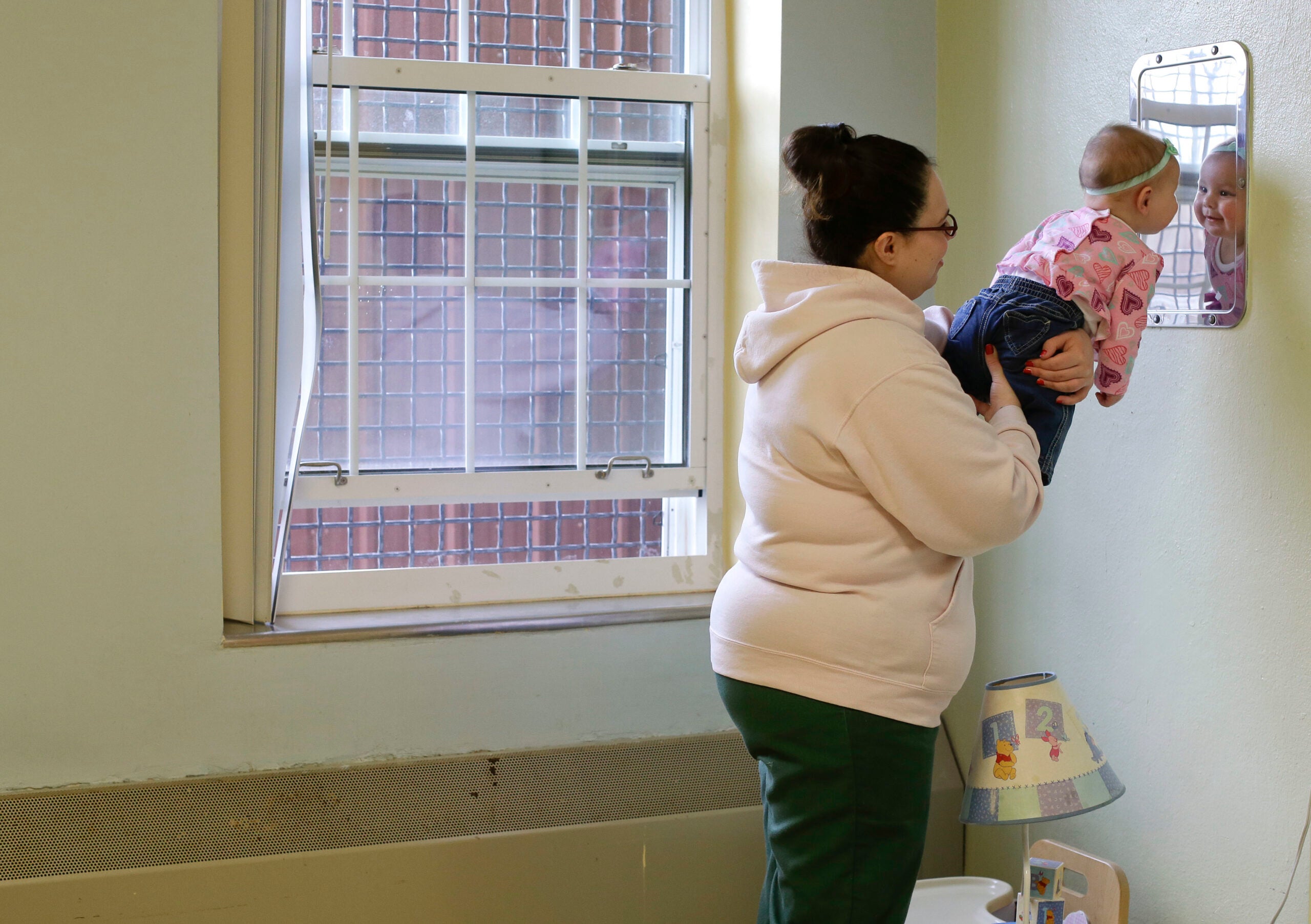A newly-released audit finds Wisconsin officials often failed to keep up with requirements for monitoring people who are on probation or parole.
Wisconsin’s Department of Corrections, however, is disputing many of the audit’s findings, saying they were based on flawed metrics.
The report from Wisconsin’s nonpartisan Legislative Audit Bureau looked at how DOC oversees its community corrections program.
Stay informed on the latest news
Sign up for WPR’s email newsletter.
During the 13-month time period under review, more than 128,000 Wisconsinites were subject to supervision under that program because they were sentenced to probation instead of time behind bars, or because they had been released from prison but were still subject to either parole or extended supervision.
People who committed felonies before Wisconsin’s Truth in Sentencing law took effect in 2000 are part of a preexisting parole system, while people whose crimes came after that law’s cut-off are subject to something similar to parole that’s technically known as extended supervision.
Per DOC policy, agents are supposed to do periodic reviews to determine how high someone’s risk of re-offending is while they’re under parole, probation or community supervision.
Those evaluations can be a springboard for connecting people to services like transitional housing or cognitive behavioral therapy. They also help determine how strict the terms of someone’s supervision are, with people considered higher risk required to check in with an agent more often.
But the report found that more than a third of the time, agents failed to complete initial risk assessments in a timely manner, which auditors generally defined as within 30 days of someone starting community supervision. DOC policies also require agents to reassess someone’s supervision level every six months to a year, but auditors said DOC agents failed to meet such deadlines for reviews close to 67 percent of the time.
In a letter responding to the audit, DOC Secretary Kevin Carr pushed back against those findings, which examined a time period spanning December 2019 through January 2021.
Carr contended auditors didn’t fully account for people under supervision who had fled or otherwise didn’t cooperate with assessments. Additionally, Carr argued the DOC doesn’t consider risk assessments overdue until after 60 days rather than 30. According to the DOC’s own review, about 17 percent of initial reviews weren’t completed within that 60-day time frame, Carr wrote.
Agents told auditors that risk assessments are sometimes delayed because agents are stuck waiting for courts to provide paperwork. They also cited lags because of under-staffing and high caseloads, according to the audit. About 10 percent of funded agent positions were vacant in July 2022, according to the report.
In a statement, state Rep. Robert Wittke, a Republican who co-chairs Wisconsin’s Joint Legislative Audit Committee, says the report shows a need for improvement.
“I hope the DOC takes this audit seriously to ensure the community corrections program is able to fulfill its statutory responsibility to rehabilitate individuals — including sex offenders — currently under supervision throughout the state and to keep residents safe in their communities,” Wittke of Racine said.
The other co-chair, state Sen. Eric Wimberger, R-Green Bay, argued the audit exposes flaws with revised DOC policies for carrying out risk assessments and for determining the consequences of parole or probation violations. He noted in a news release that 22 percent of agents who responded to auditors believed violation consequences as outlined in polices were appropriate, down from the 74.5 percent who believed the consequences were appropriate before the revisions in January 2021.
Per policies, DOC agents can deviate from a recommended consequence level, though the override generally requires approval from a higher-up.
“DOC Agents statewide are uniformly and significantly deviating from the model criminal risk assessments to warn courts at sentencing that the criminals they are working with are more dangerous than described on paper,” Wimberger said in a statement, adding he believes Democratic Gov. Tony Evers’ “implementation of a soft on crime rehabilitative criminal justice model is failing.”
In a letter responding to the audit, Carr defended the DOC’s policies on community supervision violations and other issues.
The DOC “has almost 2,000 staff with various levels of knowledge in evidence-based practices which will inherently bring disparate opinions,” the secretary wrote. “We also need to acknowledge that change is difficult, especially for staff who have been doing things a certain way for a long time.”
There were more than 20,600 people incarcerated in Wisconsin prisons at the end of 2022, according to a point-in-time dashboard from the DOC, which does not include people locked up in local jails. Additionally, approximately 63,000 people are under community supervision in Wisconsin at any given time, according to recent testimony from Carr to the Wisconsin’s Joint Committee on Finance.
During that hearing, Carr told lawmakers it costs Wisconsin between $44,000 and $55,000 annually to keep someone in prison, compared to less than $4,000 a year for community supervision.
“I believe through a number of common sense initiatives we can focus on a shared vision of increasing public safety to create a system that holds people who break the law accountable, reduces incarceration rates and costs, while providing opportunity for people to change,” Carr told the committee.
Editors’ note: Click here to read the full audit. The response from the state Department of Corrections secretary begins on page 115 and the Legislative Audit Bureau’s response to the response begins on page 125.
Wisconsin Public Radio, © Copyright 2025, Board of Regents of the University of Wisconsin System and Wisconsin Educational Communications Board.




